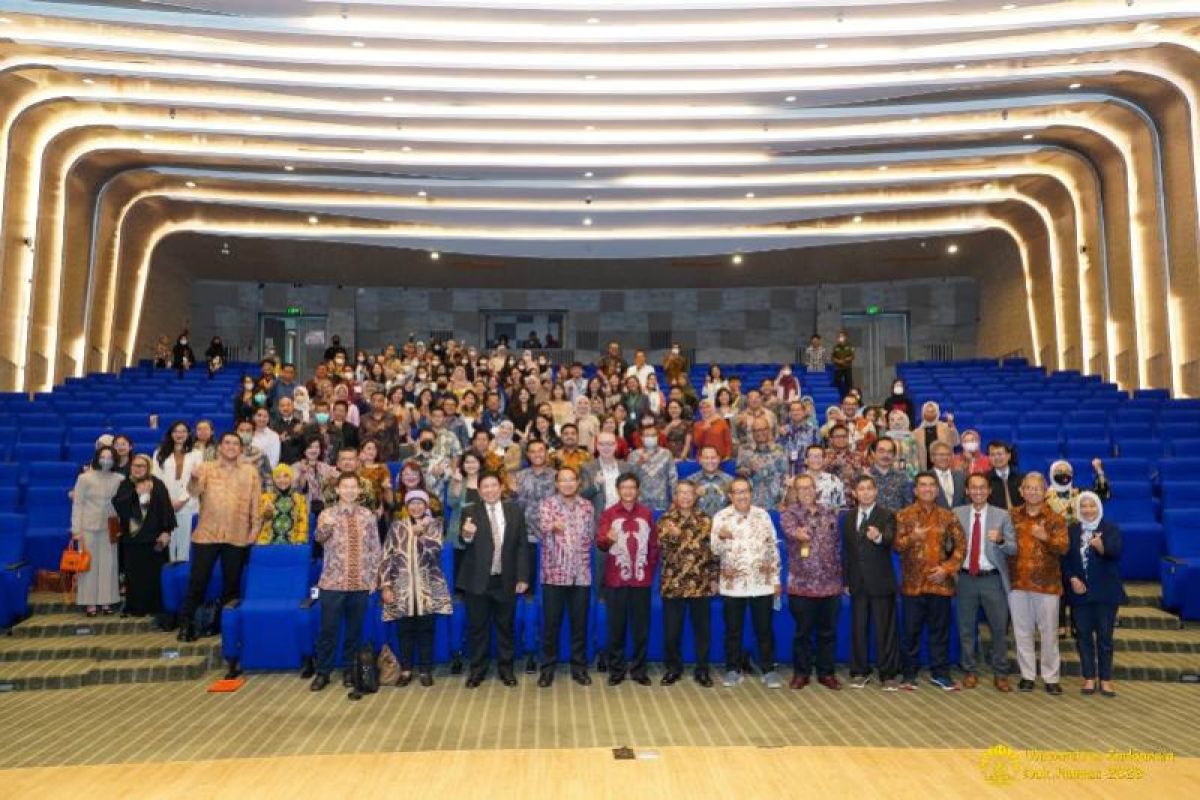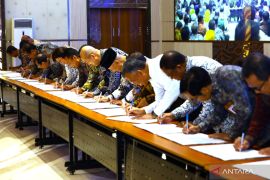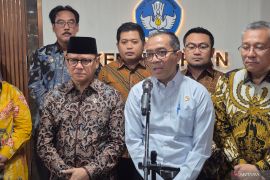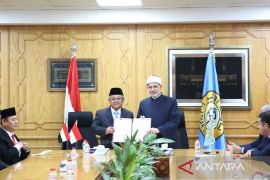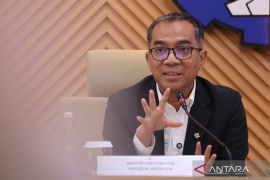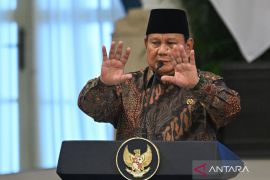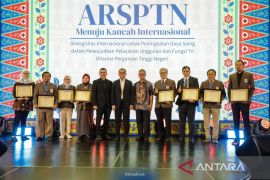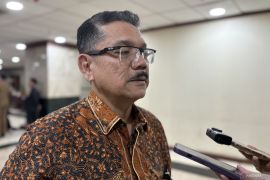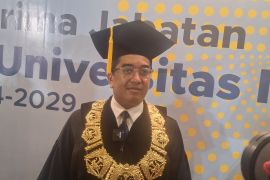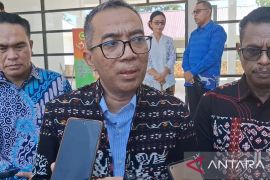As a consequence, these changes are encouraging job seekers and employers to make adjustments to current work and relationship patternsDepok, West Java (ANTARA) - There are three challenging factors that are triggering changes in the national and international job market, head of the Job Market Center of the Manpower Ministry Muchamad Yusuf has said.
"The first is the technological change that moves (Industry) 4.0 to Industry 5.0, which has led to the loss of many jobs as well as the growth of new jobs," Yusuf observed here on Wednesday.
Secondly, he said, the COVID-19 pandemic that changed work patterns has resulted in more ways of working, such as work-from-home (WFH) and others.
The third factor is the demographic change that is increasing the migration of workers around the world. These factors, Yusuf said, have changed job market patterns nationally and globally.
According to him, due to technological changes, generation Z job seekers have unique preferences that are different from the previous generations.
"As a consequence, these changes are encouraging job seekers and employers to make adjustments to current work and relationship patterns," he said.
However, the problem is that companies are finding it challenging to find prospective workers with the required skills, and similarly, prospective workers are encountering difficulties in finding training or educational institutions that offer the skills they need, he explained.
"Therefore, it is necessary to find partnership cooperation schemes between universities and employers to get the best talents, and dialogue between companies and students needs to be carried out more often," Yusuf emphasized.
Responding to this need, the University of Indonesia (UI) held the “UI Employer Forum Partnership Gathering” on Wednesday.
The forum served as a platform for UI and its employer partners to find the best cooperation scheme for obtaining the best talents from UI graduates.
According to UI vice rector for human resources and assets, Prof. Dedi Priadi, technological advances and digital developments open up opportunities for many parties to break away from traditional work models.
Universities can focus on developing students' transformative skills to answer the dynamic job market, he said.
These skills include teamwork, written and oral communication, critical thinking, problem-solving, digital literacy, and adaptability.
Related news: Minister asks locals to participate in IKN job market
Related news: Low education impeding efforts to reduce unemployment: Minister
Related news: Vocational education can attune skills to job market requirements
Translator: Feru L, Kenzu
Editor: Sri Haryati
Copyright © ANTARA 2023
